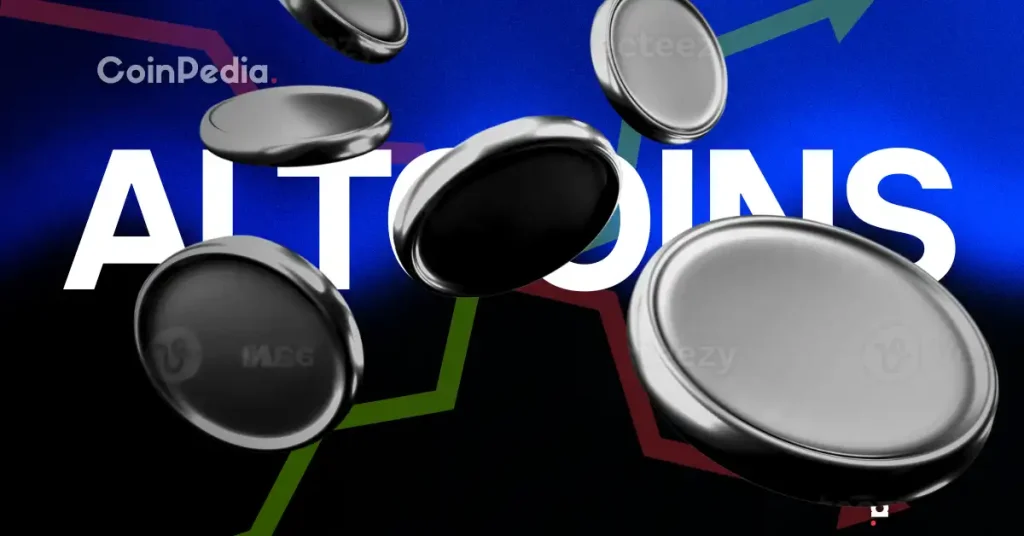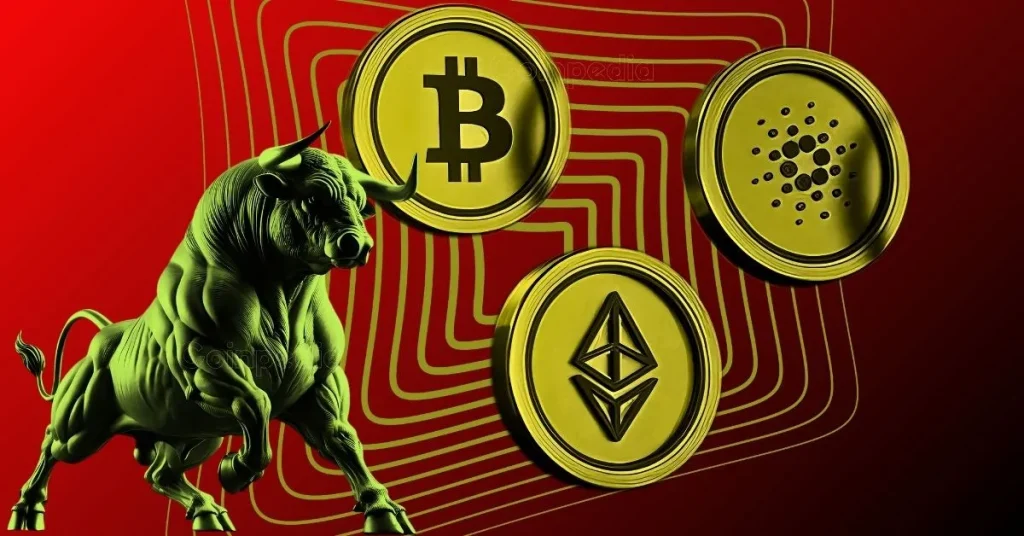Interest in cryptocurrency within the Asian market is seeing remarkable growth, with Bitcoin (BTC) stabilizing at $112,000 and approaching the significant $112,500 mark. Optimism surrounding both BTC and altcoins is again on the ascent. Recently, a major announcement revealed a groundbreaking move by a Hong Kong company opting to transact in Bitcoin instead of traditional currency.
What Is China’s Relationship With Bitcoin?
CIMG INC, owner of renowned brands like Kangduoyuan and Maca-Noni, has officially announced its decision to sell company shares in exchange for Bitcoin. This innovative transaction, involving nine investors situated outside the United States, allows the purchase of shares valued at $55 million for 500 BTC.
Each share is priced at $0.25, but the total purchase will be made using 500 BTC at a rate of $110,000 per unit. Whether the decision to create a Bitcoin treasury or opting for this payment method instead of using dollars or yuan is more intriguing remains a subject of speculation.
Who Uses Bitcoin for Their Reserves?
The trend of holding Bitcoin reserves is led by a U.S.-based company, Strategy, possessing 632,457 BTC. Most top cryptocurrency reserve companies are American, with Japan’s Metaplanet being a significant outlier with 18,991 BTC in reserves. Chinese firms like Next Technology and Cano join this list with holdings ranging from 4,000 to 6,000 BTC.
“The Board believes investing in Bitcoin offers a unique exposure to crypto assets and new technologies beyond traditional business and investment models amid macroeconomic uncertainties. This strategic venture places CIMG at the forefront of blockchain technology and cryptocurrency innovation.” – Official CIMG Statement
Collectively, entities like ETFs, DeFi contracts, government-held assets, and public company reserves currently hold more than 3.68 million BTC. Given Bitcoin’s capped supply of 21 million, this current situation points toward an imminent scarcity.
This move by a Hong Kong-based firm to embrace Bitcoin payments underscores a major shift in global financial strategies. It signals a growing trust in cryptocurrency as an alternative to traditional fiat exchanges, highlighting a pivotal moment in the business world’s approach to asset management.
Disclaimer: The information contained in this article does not constitute investment advice. Investors should be aware that cryptocurrencies carry high volatility and therefore risk, and should conduct their own research.
















 English (US)
English (US)